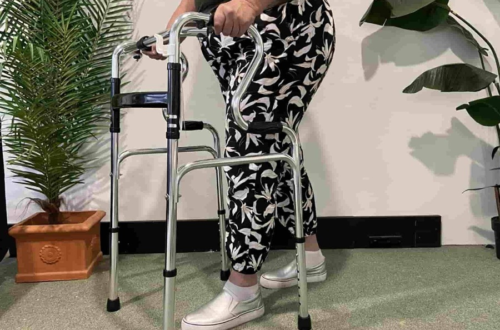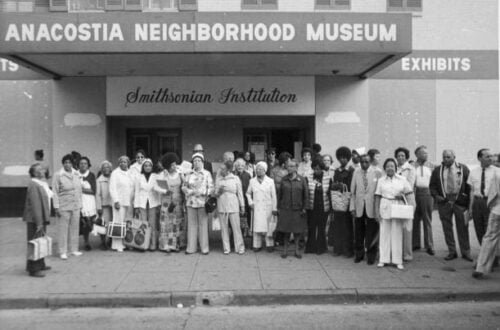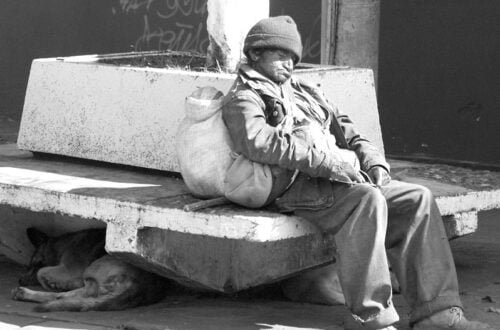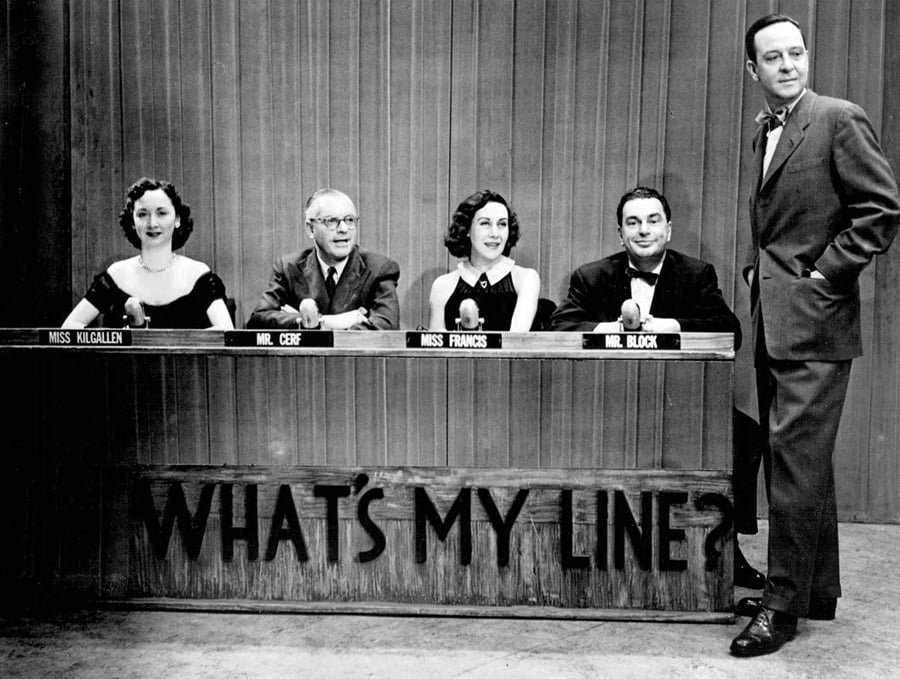
Vintage Films – A Study in Race Relations
Anyone who’s around me for very long knows how much I love old TV shows (40s to early 60s), and old movies (from silent films into the early 60s). But my interest isn’t entirely for the sake of drama and entertainment; I find them a fascinating look into society and culture as it was in former generations.
I always notice the parts assigned to people of color. Most are portrayed as not very bright.
Most black people are in a subservient role and usually don’t speak unless spoken to. Hispanics are often portrayed as poor farmers or as outlaws. Asians tend to have stupid expressions on their faces.
Native Americans are bad guys. One thing that really bothers me is their broken English. They did not speak that way! Many were bi-, tri- or multi- lingual, and by the latter part of the 19th century, a very great many could read and write. Many whites couldn’t read or write! More Natives than you know were college educated.
Fortunately, as we got into the 50s, an increasing number of non-whites were given more important roles (and more honest and well spoken), but the overall negative trend persisted for a long time past that.
Among my favorite genres are the old game shows, and one of my favorite game shows is What’s My Line?, which you can find on YouTube, if you’re interested.
If you’re not familiar with that one, it works like this: four celebrity panelists guess the occupation of the contestant by asking questions which can only be answered “yes” or “no”. When the contestant first enters the stage, the camera focuses on their hand signing a chalkboard, and the TV audience can’t see the person until the name is signed, as this image shows:
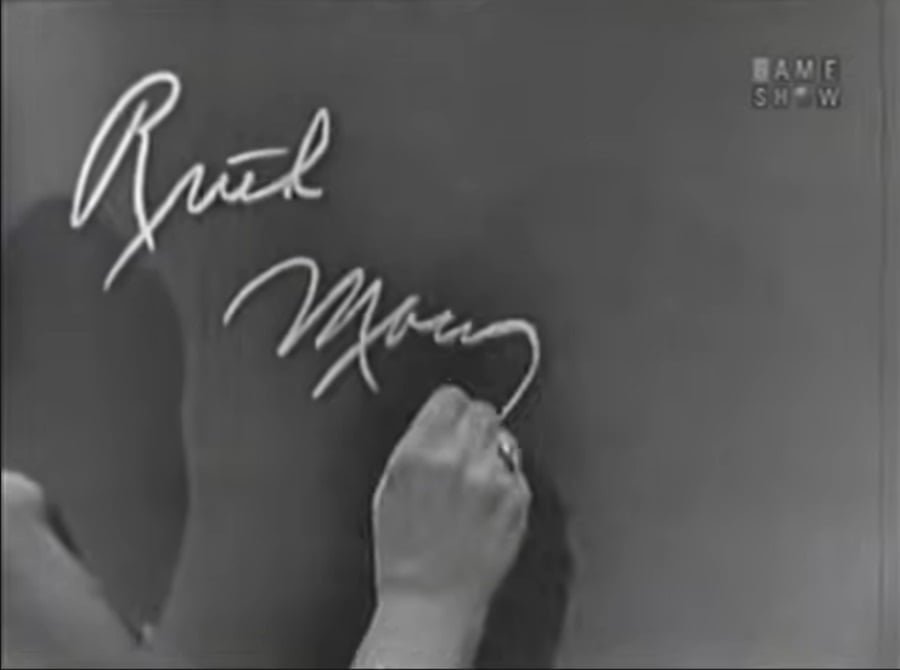
They also have celebrity contestants. The panelists have to be blindfolded, and the celebrity has to disguise their voice.
Two particular episodes come to mind which illustrate the vast difference in attitudes toward black people then vs. now. I don’t remember which specific episodes, but if you decide to watch the series, you’ll eventually see them.
Usually, as the contestant was signing their name, the studio audience stayed quiet. Occasionally they would start twittering and murmuring, and you knew when the camera pulled back, you would see someone with an unusual appearance, like maybe a silly costume or something.
If the men in the audience started wolf whistling, you knew it was an attractive woman.
In one episode, as the contestant signed the chalkboard, the audience was silent. Then the camera pulled back. The contestant was a woman, and she was drop-dead gorgeous. And she was black.
Wow, what a difference 70 years make, I thought. If any man in the studio audience would have liked to have whistled at her, he wouldn’t have dared; it would have made him a social pariah. If there was a black man in the audience, he wouldn’t have dared because it would have brought him unwanted hateful attention.
Nowadays, if there’s a venue where wolf whistling is acceptable, men of any ethnicity will whistle at a woman of any ethnicity, and few people would give it a second thought.
Then there was an episode where Carol Channing was the celebrity contestant and Sammy Davis Jr. was one of the panelists.
After a contestant’s identity or occupation was revealed, they would walk over to the panelists and shake everyone’s hand.
In this episode, Carol shook the hands of the three white panelists, but when she got to Sammy, she leaned over and kissed him on the cheek. Anyone familiar with the way American society was then knows what a totally shocking thing that was for Carol to do. It wasn’t done! Period!
I can just imagine the appalled gasps that must have emanated from the white audience. And I bet plenty of people had a lot of bad things to say about it in the privacy of their own homes.
Society in the 2020s is far from perfect. We have racism. Total equality has not been achieved. But we have come a long ways, baby. Maybe in another few generations, bigotry will have become rare. Maybe.




